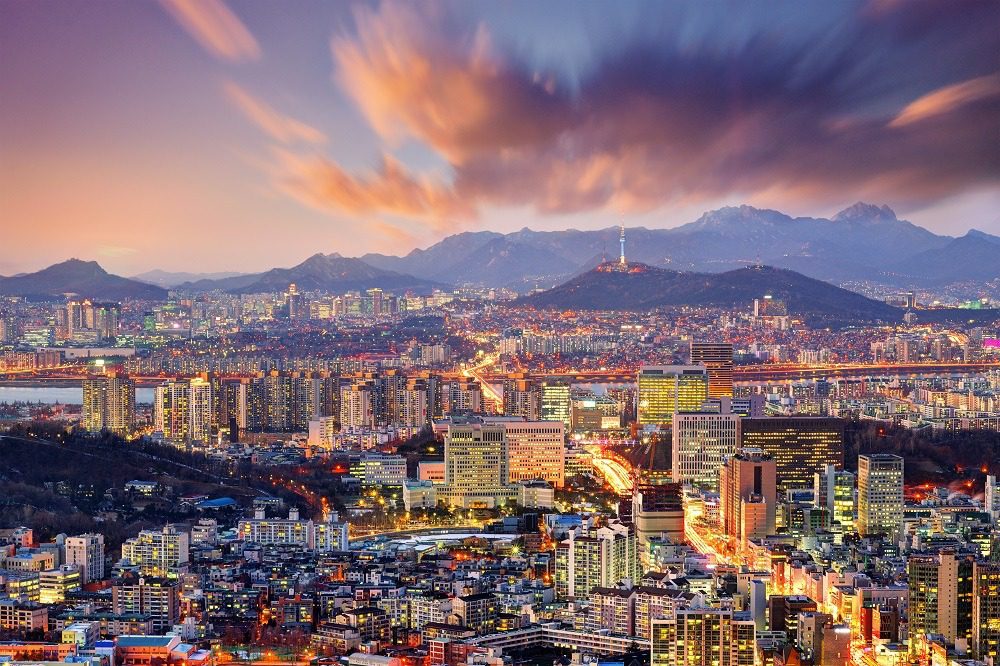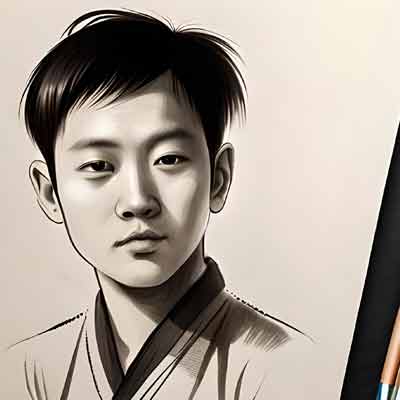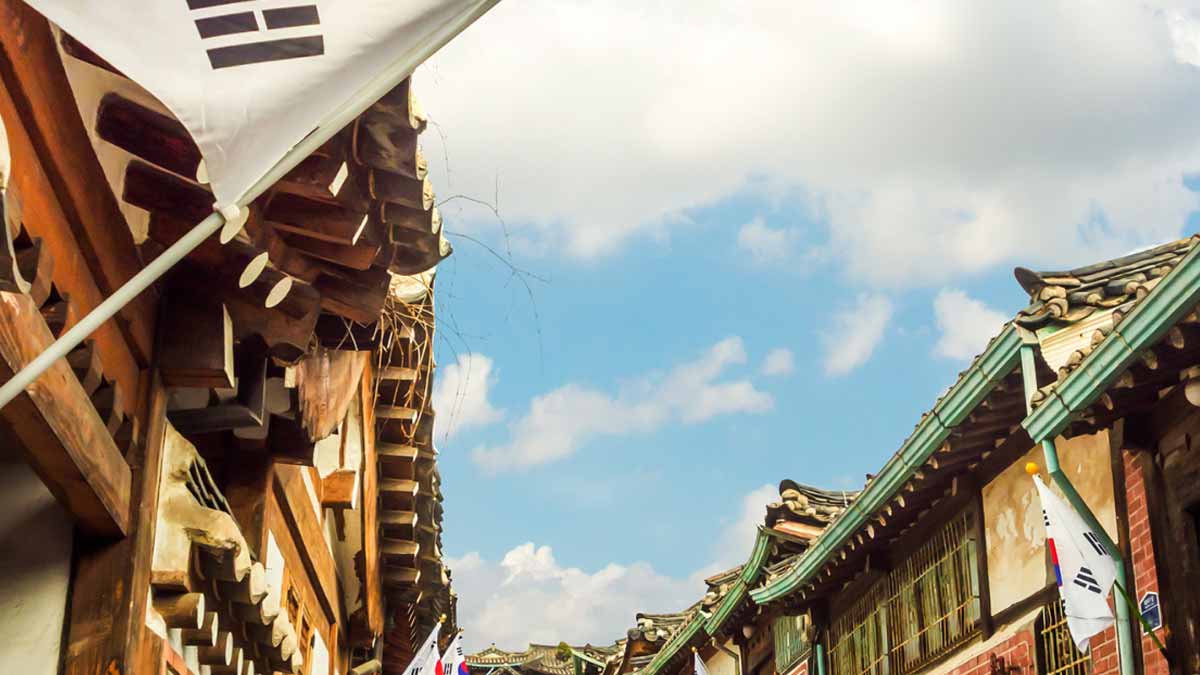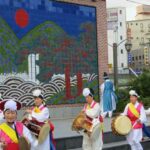South Korea is not a common stop on the backpacker trail around Asia, but it has just as much to offer as the more popular destinations in the area.
Many people there speak English, especially in major cities such as capital Seoul, but knowing a few words of some of the languages in South Korea can help your trip run a little more smoothly and endear you to the local people.
What Language Do They Speak in South Korea?
You’re likely to hear several different languages in South Korea. Here are a few of the most common:
Standard Korean
Koreans, unsurprisingly, speak Korean, and a standard version is understood throughout the country. It doesn’t share many similarities with Western languages, so even learning to pronounce a few key words and phrases can be tricky.
Written Korean is also unique, using a phonetic system called hangul. It stacks sounds into blocks that represent syllables, and its consistency means it’s fairly easy to pick up. What may look alien at first can quickly begin to make sense.

Korean dialects
In different areas of South Korea you’ll find that different dialects are spoken. For example, the Gyeongsang dialect spoken around Busan and Daegu to the south sounds quite rough and aggressive compared to standard Korean.
This isn’t something you should worry about, as almost everywhere standard Korean will be understood alongside local dialect.
English
Many South Koreans speak English, as nearly all those under the age of 40 will have had English lessons at school. The Korean government has been working hard to improve levels of English across the country.
However, you may find that many Koreans struggle to understand English in actual conversation, as they often don’t have the chance to practice. In major cities, such as Seoul, this is unlikely to be a problem, but in rural areas it could prove more difficult.
Western travellers may well find themselves approached by school children excited for an opportunity to practice their English. They might even take a picture of you, to prove that it actually happened!
Chinese
There is a large Chinese community in South Korea, so in some areas you may well hear Mandarin or Cantonese spoken.
More likely is that you’ll encounter hanja, which is when Chinese characters are used to write Korean words. It’s becoming less common, and tends now to be used chiefly as a disambiguation, in which case you’ll find it in brackets beside the hangul.
Japanese
Some older people in South Korea may speak Japanese. Busan to the south is close to Fukuoka in Japan, and therefore has a large number of Japanese speakers. The local dialect there is even a little closer to Japanese.
Be aware that some older Koreans resent the Japanese for acts committed during the occupation. Don’t address a Korean in Japanese unless you know it’s okay or have no other choice.
Key phrases in South Korea
Here’s how to say a few key words and phrases in standard Korean:
Hello
Annyeonghaseyo
Pleased to meet you
Mannaseo bangawoyo
My name is…
Je ireum-eun … imnida
Please
Butakamnida
Thank you
Kamsahamnida
Sorry
Mianhamnida
Where’s the toilet?
Hwajangsiri eodiyeyo?
Get me a big ice cream
Na-ege keun aiseukeulim-eul gajyeo ogi

DS has a whole lot of stuff to juggle in life already. In addition to school and homework, he needs to deal with cadets, LOL and social life.







